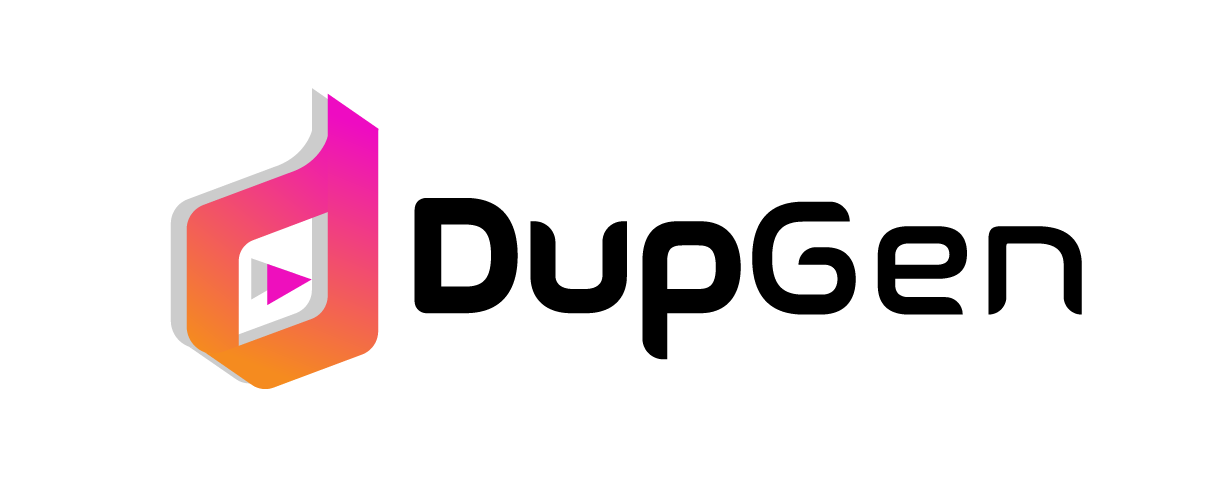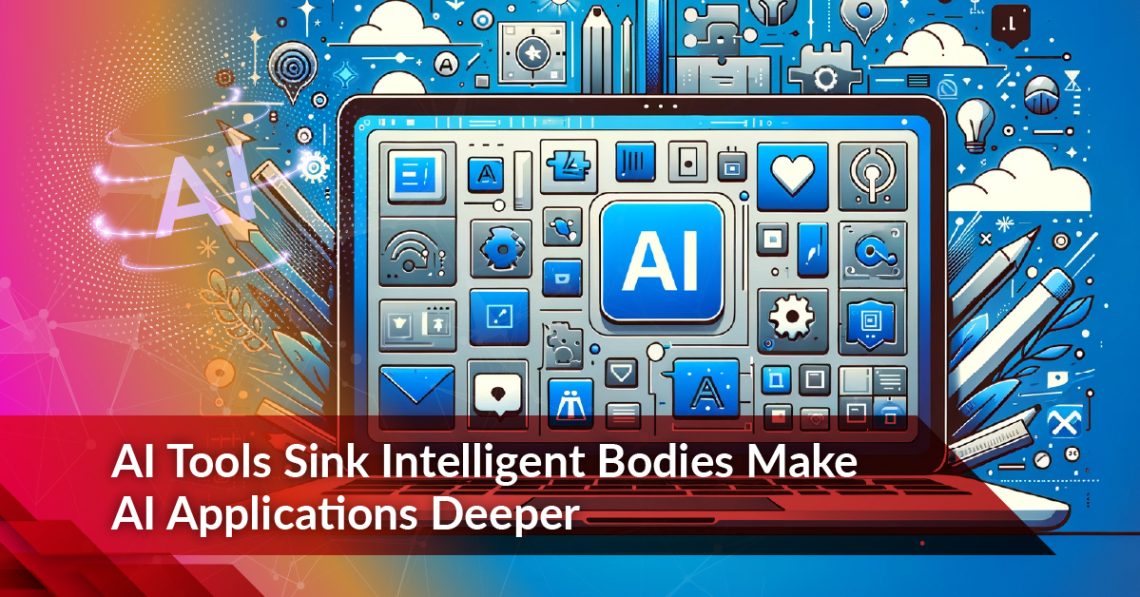With the rapid development of artificial intelligence technology, AI tools are gradually penetrating from first-tier cities to wider geographies, affecting people from different industries and backgrounds. These tools not only help office workers improve their work efficiency, but also provide more convenient and innovative possibilities for people in small cities.
Clerks working in a small fifth-tier county and real estate industry practitioners in a second-tier coastal city are beneficiaries of the sinking of AI tools. They have greatly reduced their workload by using AI tools to solve the tedious paperwork in their daily work, such as writing speeches and public articles, etc. The accuracy and efficiency of AI tools have made them start to reevaluate and rethink their roles and positioning in their work.
At the same time, with the advancement of modeling capabilities, the depth of people’s application of AI products is also increasing. Take Wisdom Spectrum Qingyan as an example, this AI tool allows users to quickly customize their own intelligent assistants according to their own needs by unlocking the ability of the intelligent body that supports a knowledge base of “100 million words”. This personalized service not only improves the practicality of the AI tool, but also enhances the user’s stickiness and dependence on the product.
In addition to improving the utility of AI tools and personalized services, the emergence of intelligent bodies also makes AI applications more in-depth. By uploading users’ own documents, files and knowledge, intelligent bodies can become everyone’s exclusive knowledge assistant, providing users with more accurate and professional services. This service model not only meets the personalized needs of users, but also promotes the continuous innovation and development of AI technology.
However, although AI tools have shown strong application potential in various fields, how to get more people to use these tools is still a problem worth exploring. In order to break the circle and attract more users, domestic AI-based applications need to work on the following aspects:
First, improve the ease of use and user experience of the product. For ordinary users, the complexity and specialization of AI tools may become a barrier to their use. Therefore, developers need to focus on the ease of use and user experience of their products, provide simple and clear instructions and operation guides, and reduce the learning cost and threshold for users.
Second, strengthen the publicity and promotion of the product. Through social media, online and offline activities and other channels to publicize and promote, so that more users understand and use AI tools. At the same time, establish cooperative relationships with various industry partners to jointly promote the application and development of AI technology.
Finally, focus on user needs and feedback. User needs and feedback are an important source of product improvement and innovation. Developers need to pay close attention to the use of users and feedback, timely adjustment and optimization of product features and performance, and improve user satisfaction and loyalty.
In conclusion, with the continuous development and popularization of AI technology, AI tools will show their strong application potential and value in more fields. We look forward to these tools to bring more convenience and surprise to people’s lives!
Are you ready to dive deeper into the topics you love? Visit our website and discover a treasure trove of articles, tips, and insights tailored just for you!





